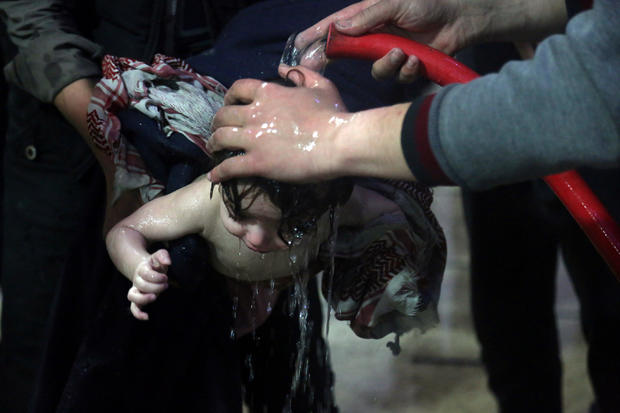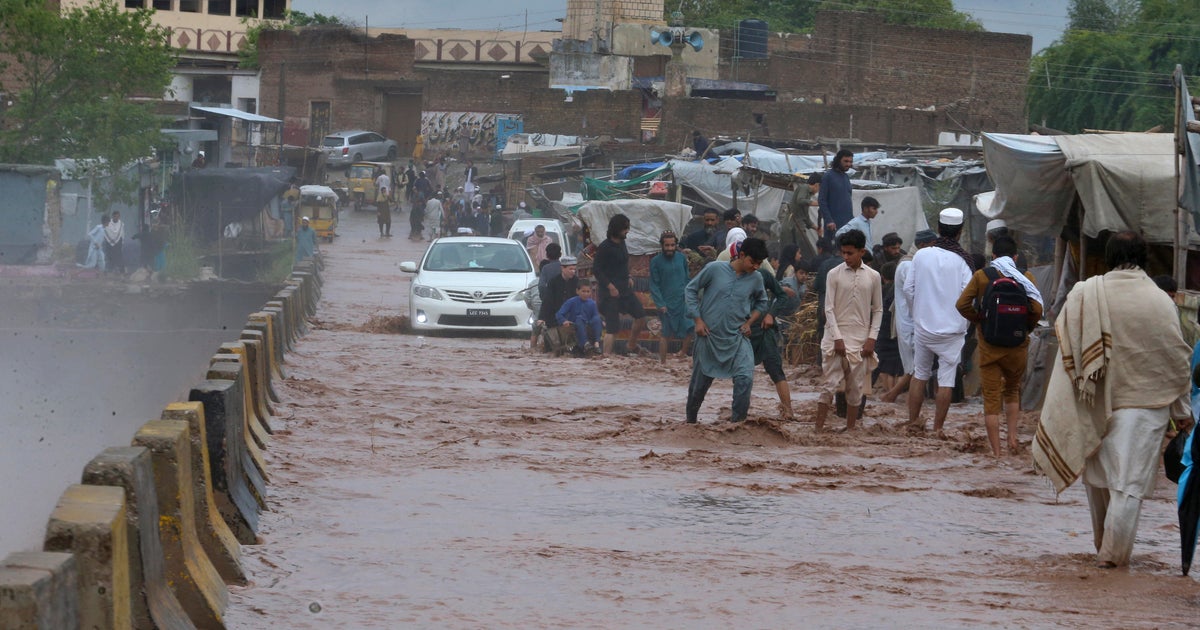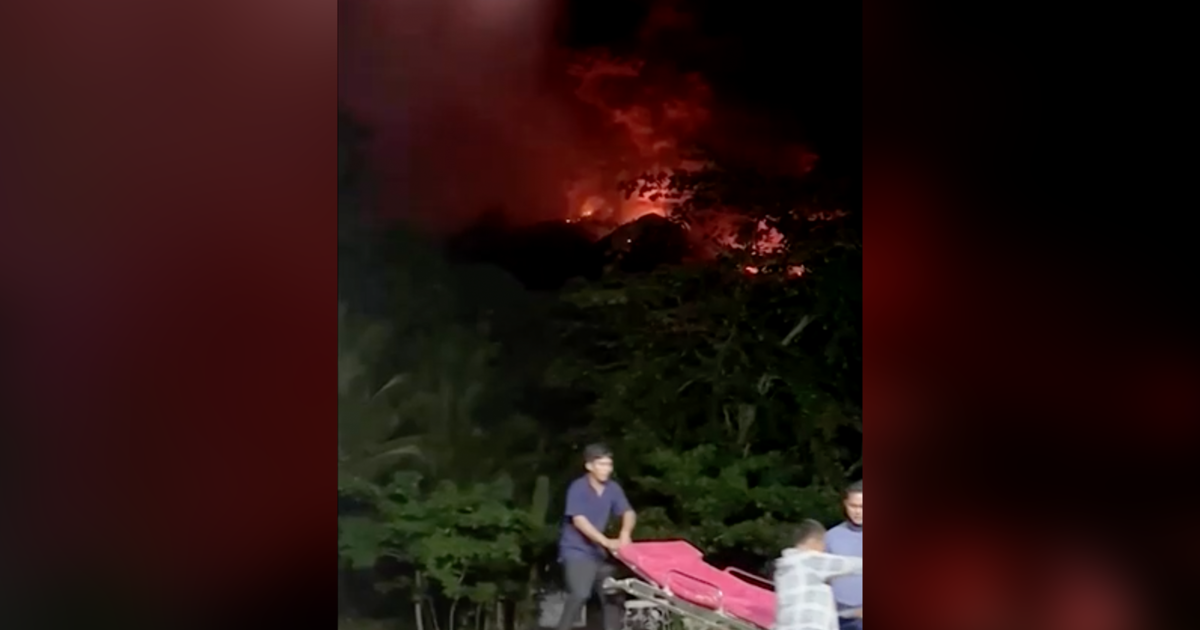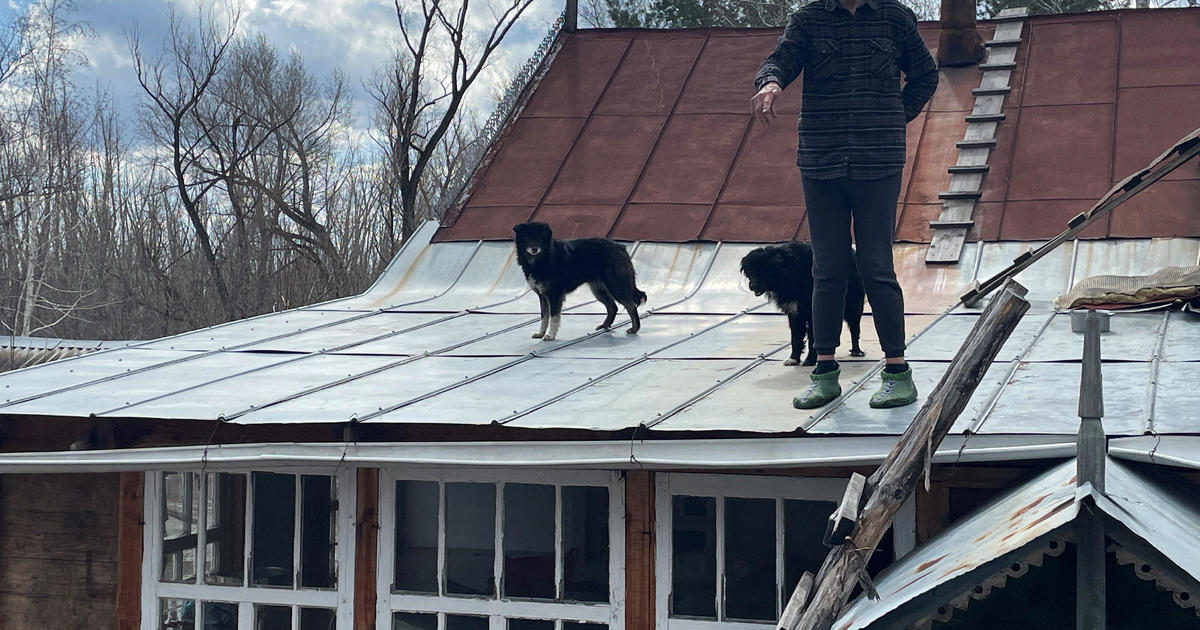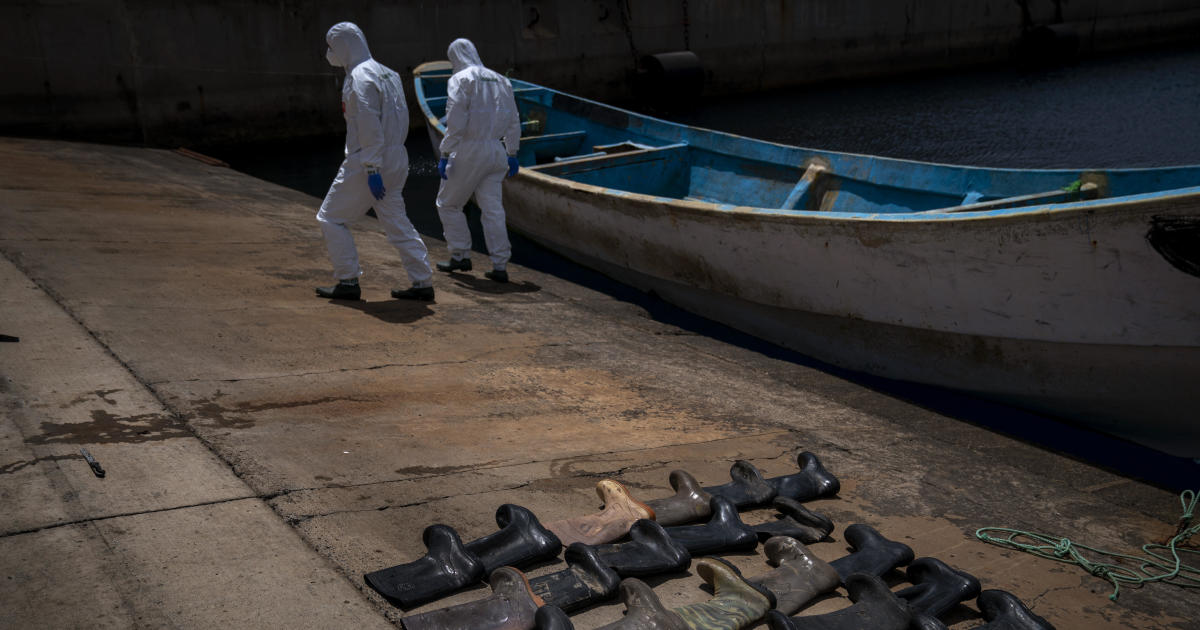U.S. intel examining evidence from suspected chemical attack in Syria
U.S. intelligence continues to report that symptoms related to last weekend's suspected chemical attack in Syria are consistent with mostly chlorine gas, according to a U.S. government source. CBS News' national security correspondent David Martin reports that evidence includes blood and urine samples provided by hospitals and medical workers, according to the source.
U.S. intelligence reports that some victims of the attack have exhibited symptoms that are more consistent with exposure to a nerve agent, and that 42 people were killed and more than 500 injured in the attack, the source said.
Syrian opposition activists and medics have said that the suspected gas attack last week killed dozens of people in Douma, a town outside Syria's capital that was then controlled by Syrian rebels. Western powers are convinced a chemical attack was instigated by the forces of Syrian President Bashar Assad, while Syria and Russia have disputed such reports.
The Organization for the Prohibition of Chemical Weapons (OPCW) said Thursday a special fact-finding mission is on its way to Syria and will start investigating the suspected chemical attack there as of Saturday. The OPCW team will be seeking to find out if and what kind of chemicals were used in the attack, the organization -- based in the Netherlands -- said in a statement.
President Trump warned Russia on Wednesday to "get ready" for a missile attack on its ally Syria, but tweeted Thursday that it may come "very soon or not so soon at all!" Meanwhile, Defense Secretary James Mattis told Congress he couldn't talk about military plans for retaliation against Syria because an attack "is not yet in the offing."
"I believe there was a chemical attack. We're looking for the actual evidence," Mattis told the House Armed Services Committee at a hearing on Thursday.
At a photo-taking session during a Pentagon meeting with his Dutch counterpart, Mattis was asked by a reporter whether he had seen enough evidence to blame the Syrian government.
"We're still assessing the intelligence, ourselves and our allies," Mattis said. "We're still working on this."
That came days after Mr. Trump suggested on Monday he had little doubt that Syria was to blame, although neither he nor other administration officials have produced hard evidence. But concrete evidence linking the Syrian regime to the attack might not be a prerequisite for a military response from the West.
"The last time that the U.S. struck Syria for the use of chemical weapons, U.S. intelligence had not come up with a smoking gun. They had come up with a very convincing circumstantial case," Martin said on CBSN.
On Thursday afternoon, White House press secretary Sarah Sanders said in a statement that Mr. Trump had just finished a meeting with his national security team "to discuss the situation in Syria."
"No final decision has been made," she said. "We are continuing to asses intelligence and are engaged in conversations with our partners and allies."
She also said Mr. Trump will speak Thursday evening with British Prime Minister Theresa May and French President Emmanuel Macron, who has said France has proof the Syrian government launched chlorine gas attacks.
Amid talk of possible action, Syrian forces are dispersing.
"They're taking forces out of assembly points, where one weapon could destroy a lot of equipment, and moving it around so you don't lose as many pieces of equipment simply to one missile," Martin said. "One thing they're doing is putting aircraft at the Damascus civilian airport -- no doubt on the theory that the U.S. will not attack a civilian facility."
Meanwhile, Russia's U.N. ambassador said the top priority now is to avert war in Syria. He doesn't rule out the possibility of a U.S.-Russian conflict. Vassily Nebenzia said Russia is very concerned with "the dangerous escalation" of the situation and "aggressive policies" and preparations that some governments are making, a clear reference to the Trump administration and its allies.
"We hope that there will be no point of no return -- that the U.S. and their allies will refrain from military action against a sovereign state," he said.
Nebenzia told reporters after a closed emergency meeting of the U.N. Security Council on Thursday that "the danger of escalation is higher than simply Syria, because our military are there on the invitation of the Syrian government."
The Russian military said Thursday the Syrian government is now in full control of Douma, the site of suspected chemical attack, and that the situation there is "normalizing."
More than 13,500 Syrian rebel fighters and their families have left the town this month under a so-called evacuation deal between rebels and the Russian military, a top ally of the Syrian government. The Russian Defense Ministry said 1,500 left the town in the past 24 hours.
